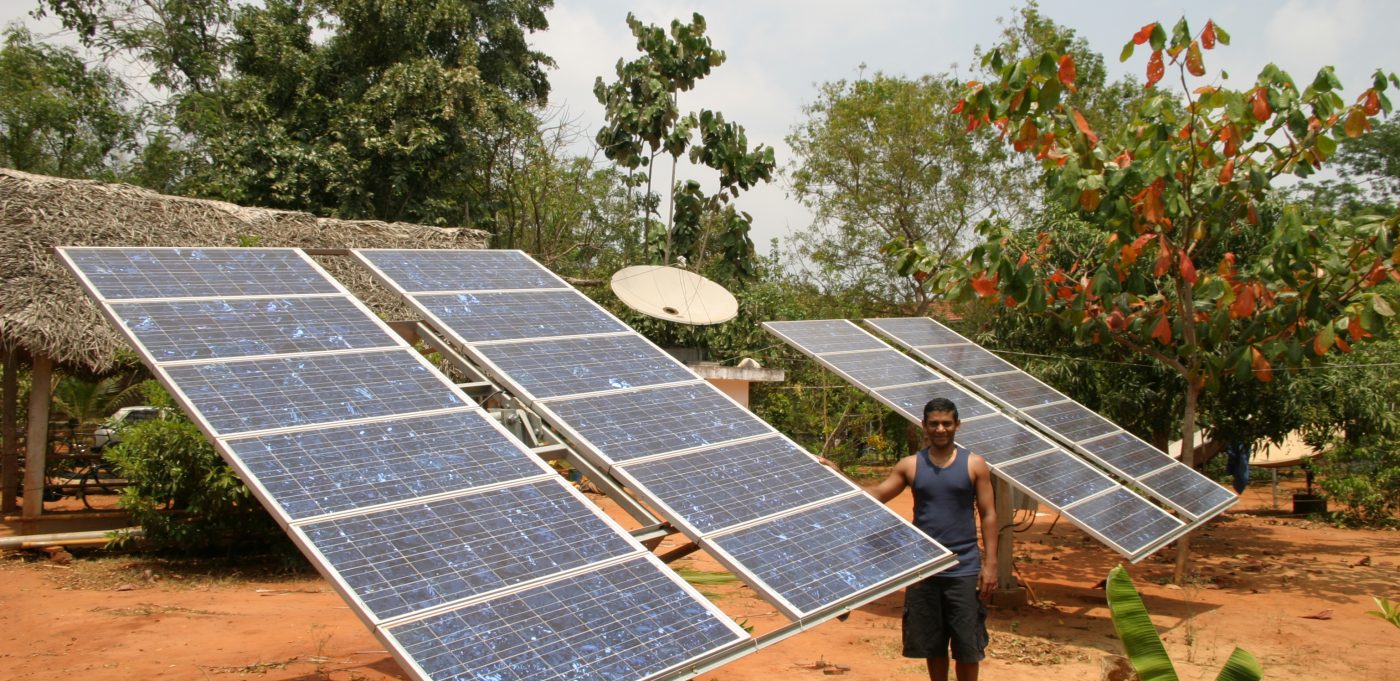Panaji (Goa) With a focus on generating 150MW of grid connected solar power capacity by 2022 under the National Solar Mission, the State government has drafted ‘Solar Energy Policy 2017’, which is now open for suggestions and comments from the public and stakeholders.
The policy is been drafted by the Goa Energy Development Agency (GEDA). The policy will be in force for a period of seven years.
The Government in its policy has said that State being eco-sensitive, thermal energy generation is not possible and hence the State has to entirely depend on the thermal energy from other States.
“Hence in order to attain self-reliance in Power generation and to promote clean source of Power, Solar Policy is being adopted. This would result in reduction of carbon emissions. Goa is richly endowed with moderate climate and bright sunshine for almost 8-9 months in a year for generating solar power,” the policy document stated
“The challenge before the State Government is not only to meet the ever growing demand for power but also to progressively increase the share of Renewable Sources in the energy – mix so as to achieve overall energy security and also to meet the Renewable Purchase Obligation (RPO) as per the target fixed by appropriate authorities from time to time,” it added.
As per the policy, the small consumers having an LT connection i.e. connected load upto 100kW-are allowed to go for Gross metering upto 100kW or the connected load, whichever is lower. The feed in tariff will be as per the Joint Electricity Regulatory Commission (JERC) approved solar tariff rates for that year.
“The solar power plant can be installed on rooftop or ground based within the same premises. However, the Small Prosumer is also allowed to opt for Net metering, if he chooses so,” it stated.
For larger consumers having HT connection i.e. connected load of minimum 100 kW & maximum 2000kW upto maximum load of 2000kW shall be allowed to go for Net metering only.
New and Renewable Energy Ministry, through a communication has urged all central ministries, States, public sector organisations, educational institutions, schools and colleges, to install grid connected solar rooftop systems/projects in their buildings. Rooftop solar system can help reduce electricity bills besides cutting down carbon emissions from conventional sources like coal.
Team TNV



























